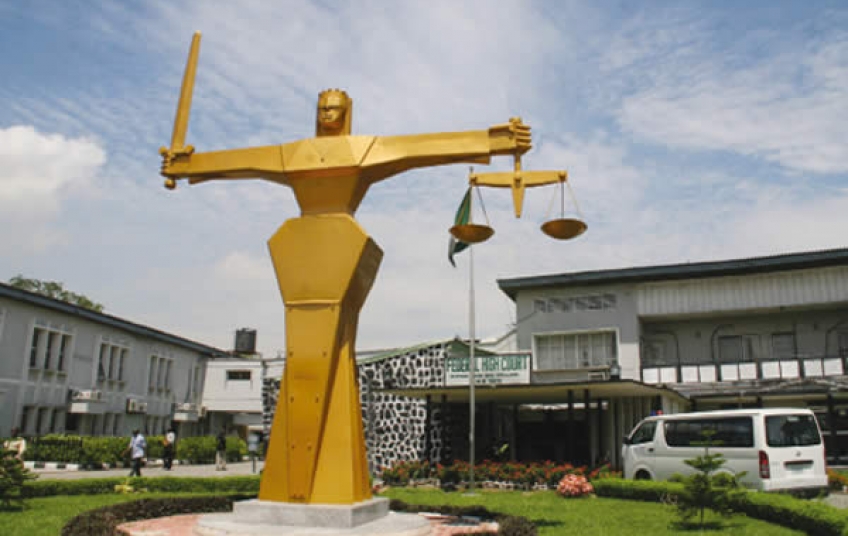The credibility challenge that confronts the judiciary in Nigeria is as old as the return of democracy in 1999. Given all that has happened, especially with court decisions drenched with compromise, many Nigerians look at the courts with only suspicion.
The judiciary in Nigeria was famously branded the last hope of the common man by none less a court than the Supreme Court. Since it was done by Muntaka Coomassie JSC (of blessed memory), there have been various inversions of the famous quote. In recent times, many Nigerians have had no qualms about branding the judiciary the lost hope of the common man.
In a country where many things are more fractured than fluid, it was always going to take a mammoth effort from an umpire expected to be independent and impartial to quell the chaos and bring some order. It was always going to be the task of the judiciary to do this. However, it appears it has failed miserably.
With the 2023 general elections very close, a blizzard of litigation, many of them pre- election matters, have threatened to bury the judiciary. All manners of litigants and litigations have somehow managed to besiege the courts so that dockets of the historically overworked courts continue to overflow.
With the 2023 general elections about to go down, it is expected that the cascade of litigations coming down hard on the courts will only increase given that many Nigerian politicians are either electoral brigands or sore losers.
Nigeria’s pre-election, election and post-election landscape is often littered with legions of litigations. Given that this is to be expected; has the Nigerian judiciary girded itself for what promises to be a season of scorching scrutiny for it?
The recent tribunal judgment which sacked the Osun State Governor Ademola Adeleke and declared Isiaka Oyetola, the erstwhile governor as the winner of the election held in 2022 has presumably scythed opinions and sent tongues wagging. While Oyetola’s camp have zero doubts that justice has been served at the level of the tribunal before the judgment is tested on appeal, Adeleke’s camp remains adamant that an apparent and even scandalous ‘miscarriage of justice’ will be arrested on appeal.
Meanwhile, in the court of public opinion, the overwhelming opinion is that justice has been perverted to truncate the mandate of a man who was clearly the people’s choice. Whether the tribunal got the position of the law right in the judgment will yet be determined on appeal. However, what is clear is the predicament of the judiciary as things stand today.
In a country of sore losers and those for whom triumphalism is a favourite hobby; the crisis of confidence the judiciary has suffered for many years running is manifesting itself by the fact that whichever way a court leans in its judgment, there is always the tendency for the losing party to sulk and say that the court was compromised.
As justice is rooted in confidence with perception being everything; the die is always cast the day people begin to doubt that each verdict handed down by the courts especially in very consequential matters only arrived at after money morphed into the overriding motivation.
For the judiciary in Nigeria, it must be a relief that the dreary eight years of the Muhammadu Buhari administration are about to come to an end. The judges who were roused like criminals in the dead of night in 2016 by operatives of the Department of State Services won’t forget him in a hurry neither will Walter Samuel Onnoghen, the former Chief Justice of Nigeria (CJN), who was forced out of office in suspicious circumstances.
Nigeria faces decisive elections that will no doubt prove defining for the country going forward. As the dominant choices of Nigerians are put through an electoral system that is a little more than utter shambles, will the judiciary do its bit as an independent and impartial arbiter or will it again allow itself to be tagged with all manner of allegations? Time will tell.
Kene Obiezu wrote from Abuja

 Join Daily Trust WhatsApp Community For Quick Access To News and Happenings Around You.
Join Daily Trust WhatsApp Community For Quick Access To News and Happenings Around You.


